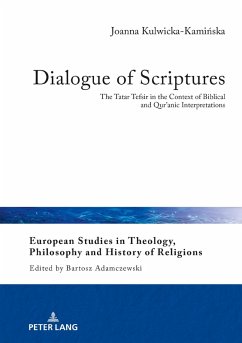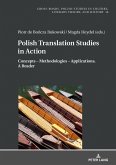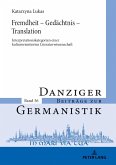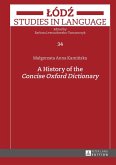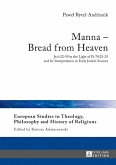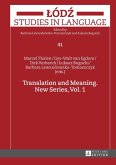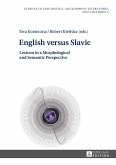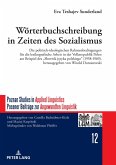This book focuses on Muslim-Christian cultural relations across a number of centuries. As for the methodology, the book represents an intersection of religious studies, linguistics and translations studies. The bases of research are a Tatar tefsir and 19th- and 20th-century printed translations of the Qur'an into Polish. In the period of the Reformation, the Tatar adherents of Sunni Islam conducted the dialogue with Christianity. They translated the Qur'an into Polish already in the second half of the 16th century. They used the Arabic alphabet to record the translation and conferred the form of a tefsir to it. Who were the Tatar translators? Did they break the ban on the translation of the Holy Book of Islam? What sources did they use? How did they translate the Muslim religious terminology? Why is their translation of the Qur'an not familiar to researchers? These are only a few questions which are explored in this work.
Dieser Download kann aus rechtlichen Gründen nur mit Rechnungsadresse in A, B, BG, CY, CZ, D, DK, EW, E, FIN, F, GR, HR, H, IRL, I, LT, L, LR, M, NL, PL, P, R, S, SLO, SK ausgeliefert werden.

